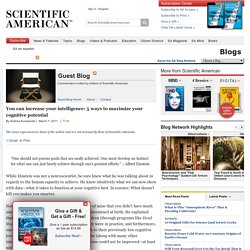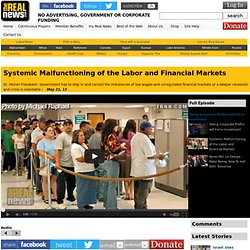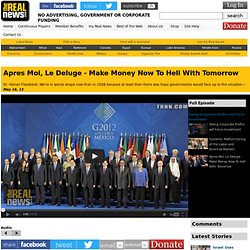

You can increase your intelligence: 5 ways to maximize your cognitive potential. The views expressed are those of the author and are not necessarily those of Scientific American.

"One should not pursue goals that are easily achieved. One must develop an instinct for what one can just barely achieve through one’s greatest efforts. " —Albert Einstein While Einstein was not a neuroscientist, he sure knew what he was talking about in regards to the human capacity to achieve. He knew intuitively what we can now show with data—what it takes to function at your cognitive best. Not so many years ago, I was told by a professor of mine that you didn’t have much control over your intelligence. Well, I disagreed. You see, before that point in my studies, I had begun working as a Behavior Therapist, training young children on the autism spectrum. One of my first clients was a little boy w/ PDD-NOS (Pervasive Developmental Delays-Not Otherwise Specified), a mild form of autism. He wasn’t the only child I saw make vast improvements in the years I’ve been a therapist, either. 1. 2.
Mayday for America's middle class. In his fresh effort to put the economy back at center stage in Washington, President Obama has issued a new challenge to congressional Republicans on the crucial issue of why the American middle class is hurting and which side can best lift average Americans out of the rut.

And the president has history on his side of the argument. Both sides agree that the middle class is financially squeezed. But they disagree on the causes and the cures, which means they are headed for a nasty showdown in the fall over government programs and the budget. Obama is pushing the economics of growth. He blames the middle-class crunch on a "winner-take-all economy where a few are doing better and better and everyone else just treads water. " Systemic Malfunctioning of the Labor and Financial Markets. Dr.

Heiner Flassbeck: Government has to step in and correct the imbalances of low wages and unregulated financial markets or a deeper recession and crisis is inevitable - Bio Professor Dr. Heiner Flassbeck Graduated in April 1976 in economics from Saarland University, Germany, concentrating on money and credit, business cycle theory and general philosophy of science; obtained a Ph.D. in Economics from the Free University, Berlin, Germany in July 1987. 2005 he was appointed honorary professor at the University of Hamburg. Employment started at the German Council of Economic Experts, Wiesbaden between 1976 and 1980, followed by the Federal Ministry of Economics, Bonn until January 1986; chief macroeconomist in the German Institute for Economic Research (DIW) in Berlin between 1988 and 1998, and State Secretary (Vice Minister) from October 1998 to April 1999 at the Federal Ministry of Finance, Bonn, responsible for international affairs, the EU and IMF.
Transcript End Comments. Apres Moi, Le Deluge - Make Money Now To Hell With Tomorrow. Dr.

Heiner Flassbeck: We're in worse shape now than in 2008 because at least then there was hope governments would face up to the situation - Bio Professor Dr. Heiner Flassbeck. The Paradox of the Creditor Debtor Relationship - Germany the Debtor Nation. Dr.

Heiner Flassbeck: The debtor has to come back to a situation where they are able to earn money - Bio Professor Dr. Heiner Flassbeck Graduated in April 1976 in economics from Saarland University, Germany, concentrating on money and credit, business cycle theory and general philosophy of science; obtained a Ph.D. in Economics from the Free University, Berlin, Germany in July 1987. 2005 he was appointed honorary professor at the University of Hamburg.
Employment started at the German Council of Economic Experts, Wiesbaden between 1976 and 1980, followed by the Federal Ministry of Economics, Bonn until January 1986; chief macroeconomist in the German Institute for Economic Research (DIW) in Berlin between 1988 and 1998, and State Secretary (Vice Minister) from October 1998 to April 1999 at the Federal Ministry of Finance, Bonn, responsible for international affairs, the EU and IMF. Transcript LYNN FRIES, TRNN PRODUCER: Welcome to TRNN. End Comments. The Paradox of the Creditor Debtor Relationship - Germany the Debtor Nation.